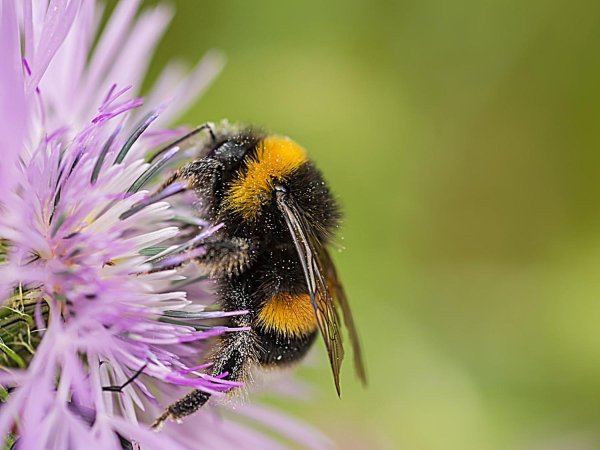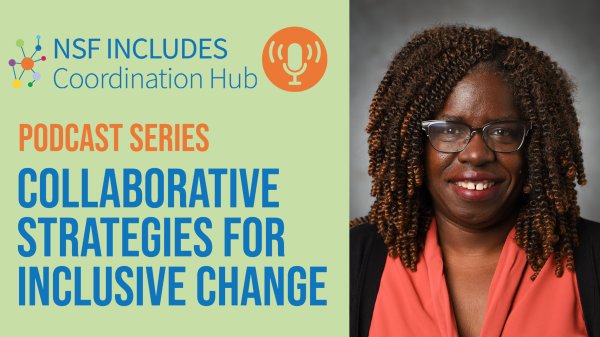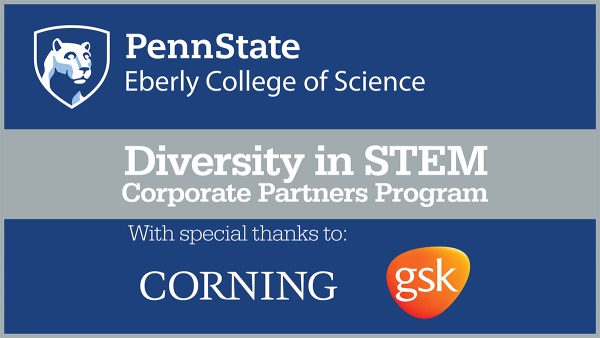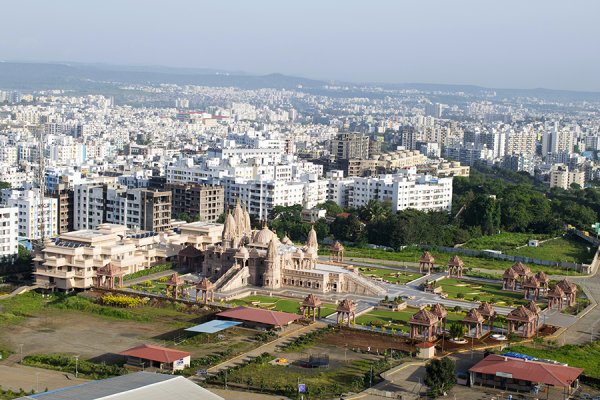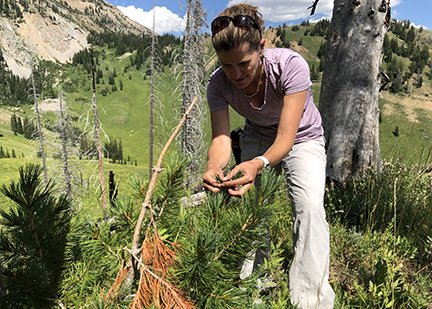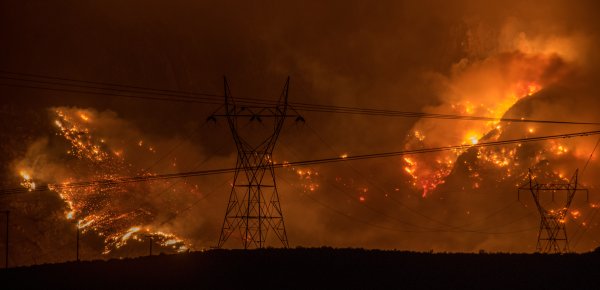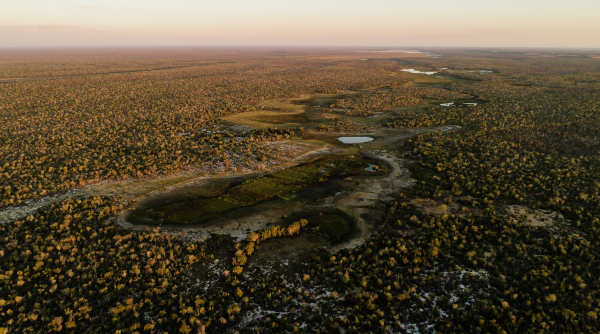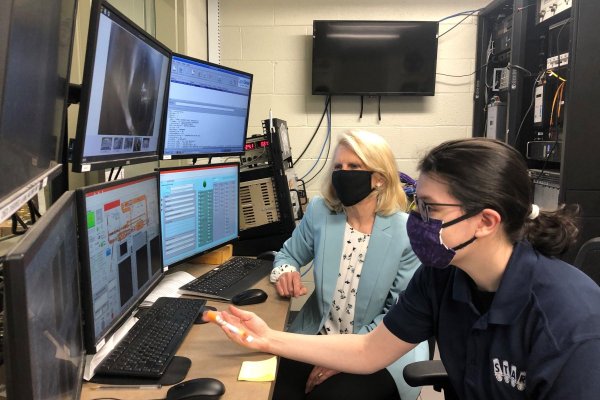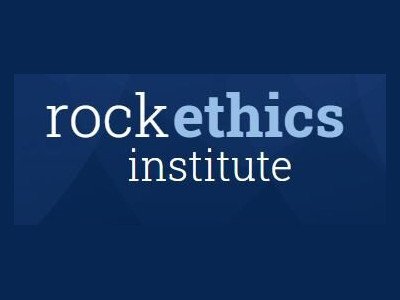Scientists uncover the genetic pathway that colors bumble bee stripes
| psu.edu
Researchers are using supercomputers to find out more about the role that evolutionary genetics plays in shaping the distinctive color patterns that give different bee species their regional flare.
Engineering associate dean for equity and inclusion featured on NSF podcast
| news.psu.edu
Tonya Peeples, associate dean for equity and inclusion and professor of chemical engineering in the Penn State College of Engineering, was featured in the third episode of “Collaborative Strategies for Inclusive Change,” the official podcast of the National Science Foundation INCLUDES Coordination Hub.
Engineering dean keynotes UN Committee on Sustainable Energy session
| news.psu.edu
Justin Schwartz, Harold and Inge Marcus Dean in the Penn State College of Engineering, addressed the United Nations Committee on Sustainable Energy during their hybrid 30th session on Sept. 22 in Geneva, Switzerland. He virtually delivered the keynote address for the section focused on how high performance in buildings and the built environment can help achieve these goals.
Eberly College's undergraduate research exhibition a success
| news.psu.edu
On Oct. 7, the Penn State Eberly College of Science hosted the fall 2021 Undergraduate Research Poster Exhibition as part of its new Diversity in STEM Corporate Partners Program and in conjunction with the college’s celebration of Hispanic Heritage Month. The exhibition featured approximately 40 student participants, from whom 10 winners were chosen in three categories, and was adjudicated by 20 Penn State faculty, postdoctoral scholars, graduate students, and staff.
Interactions with unreliable infrastructures could be key to smart city design
| news.psu.edu
Research from the College of Information Sciences and Technology found that smart city designs should consider the daily experiences of citizens or allow them to adapt their own solutions, particularly in areas with historically unreliable infrastructures.
New Administrative Fellow will bring ecological approach to her experience
| news.psu.edu
Erica Smithwick, distinguished professor of geography and associate director of the Institutes of Energy and the Environment, was selected as an Administrative Fellow for the 2021–22 academic year.
EarthTalks to discuss fire regimes and feedbacks in Patagonian temperate forests
| psu.edu
Andrés Holz, associate professor of geography at Portland State University, will deliver a talk titled "Fire regimes and flammability feedbacks in Patagonian temperate forests" at 4 p.m. Monday, Oct. 25, via Zoom.
Penn State-led team awarded $17M to study climate risk and adaptation strategies
| psu.edu
A multi-institutional research team led by Penn State has been awarded a $17 million, five-year cooperative research agreement with the U.S. Department of Energy's Office of Science to understand how interconnected systems are exposed to natural hazards that create vulnerabilities and risks for society and how societies respond and adapt to these risks.
Small-scale foragers left more than footprints on the landscape
| news.psu.edu
Archaeological sites like the Great Wall of China and the pyramids can be seen with the naked eye from space, but for ancient societies that did not build, their traces on the landscape are more difficult to find. Now Penn State researchers have used satellite data to identify areas in coastal southwest Madagascar where indigenous foragers altered their surroundings.
YES introduces engineering to elementary and middle school youth
| news.psu.edu
Christine Cunningham believes today’s young learners can become tomorrow’s problem-solvers and engineers, if their natural creativity and curiosity about how things work is nurtured through their K-12 curriculum. She has launched Youth Engineering Solutions and has received more than $5 million in grants to help develop curricula and disseminate it nationally.
The air travel revolution
| by Karen A. Thole
For years, Karen Thole has been thinking about the aviation industry and its contribution to global emissions. She and her colleagues are working on turbine technology and design that can cut emissions and improve energy efficiency.
Call for Rock Ethics Institute Faculty Fellowship applications
| news.psu.edu
The Rock Ethics Institute is now accepting applications for its 2022-23 Faculty Fellowship program, which provides up to $10,000 for a two-course release from teaching to support ethics-related projects.

